Moscow, June 13, 2017
Archimandrite Gregory (Zumis), abbot of the Dochariou Monastery on Mt. Athos, has released another article, this time devoted to topical problems of Church life, including persecutions against monks who do not accept the Crete Council, and ecumenical dialogues. The main points of his article have been published on AgionOros.ru.
“We proclaim that Christ has freed us, and that man has become a participant in this freedom in Christ,” the abbot writes, “Therefore, it is very sorrowful to see how monks are being persecuted with impunity, but Muslims enjoy freedom and patronage from Church and state authorities.” Fr. Gregory is referring to the more than fifty Athonite monastic kalyves and cells which ceased commemoration of Ecumenical Patriarch Bartholomew of Constantinople, in response to the “ecumenical course” of the Patriarchate of Constantinople, especially following last June’s “Great and Holy Council.”
Although non-commemorators have been left in peace in the past, these roughly one hundred monks have received notification that they must leave their cells. However, many of the monks have declined to voluntarily leave their habitations.
“The same persecutions were undertaken during the transition to the new style liturgical calendar, resulting in a Church schism,” Fr. Gregory writes, recalling the sad splintering of “Old Calendarist” groups.
However, while the abbot decries the current harassment that the non-commemorators are being subjected to, he also writes, “I do not cease commemoration of my bishop (unless he is subjected to conciliar condemnation). I do not want to cause a split in the Church, because I consider it the greatest sin…”
“I remain in the Church, and with humbly bowed head and pain I say to our Mother, ‘Mother Church, I am not finding rest in your words. Help me. Do not leave me to wander on narrow and desperate paths.’” Archimandrite Gregory continues.
“I am not a zealot, but I am not an ecumenist,” the elder writes. “I absolutely do not like to see how the patriarch prays with and is photographed with the Pope of Rome and the heterodox. I had hoped that the Crete Council would renounce ecumenism, not approve it at a conciliar level,” writes the Athonite, echoing the concerns of many hierarchs, clergy, monastics, and faithful throughout the Orthodox world.
Reflecting on the ecumenical movement, Fr. Gregory states, “The Orthodox Church has received no benefit from these dialogues [with the heterodox]. On the contrary, they have brought confusion to the people and sorrow to pious Christians…” With these words, he echoed the sentiments of Metropolitan Nikolaos of Mesogaia and Lavreotiki, who has said, “We need pan-Orthodox efforts. Attempts to negotiate with the heterodox have caused serious harm to the Orthodox Church.”
“The path of Orthodox confession is difficult,” the ascetic writes.
“It is based not on outbursts and explosions [of indignation], but the fear of God and deep faith that the Church is the mystical Body of Christ. The Lord is the head of the Church, and we are all, regardless of position, equal and responsible members of the Church, consciously believing that the gates of hell (heresy) will not overcome it. We believe and confess that the Church is Catholic and Holy,” he continues, professing his deep faith in the one true Church of Christ.
In accord with this faith, he writes, “We do not believe that there are some other ‘churches,’ regardless of whether they have retained traces of truth, or deliberately hide the truth.”
“May Christ confirm His Church, for if we lose faith in the One Church, then all is lost,” Abbot Gregory writes, in conclusion.

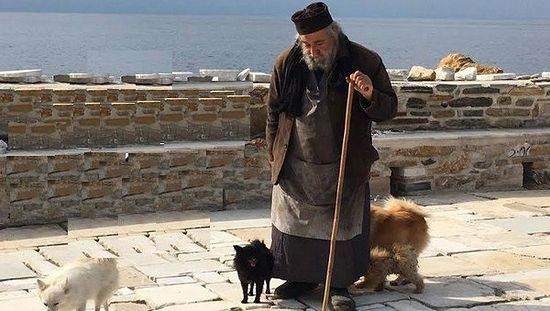
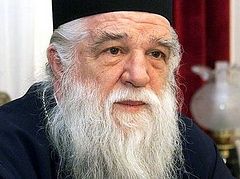
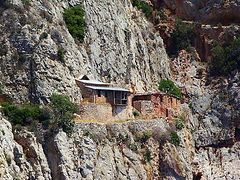

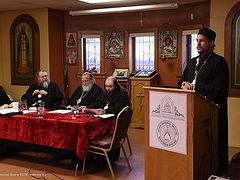
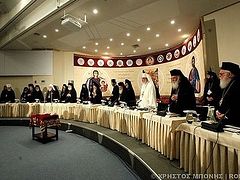
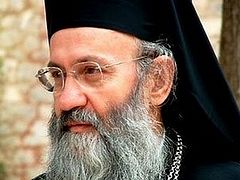
Ecumenism should be treated with the disdain we normally reserve for heretics, for that is what they truly are.
https://orthodoxethos.com/post/the-recent-history-of-ecumenism-and-the-struggle-for-orthodoxy-part-a